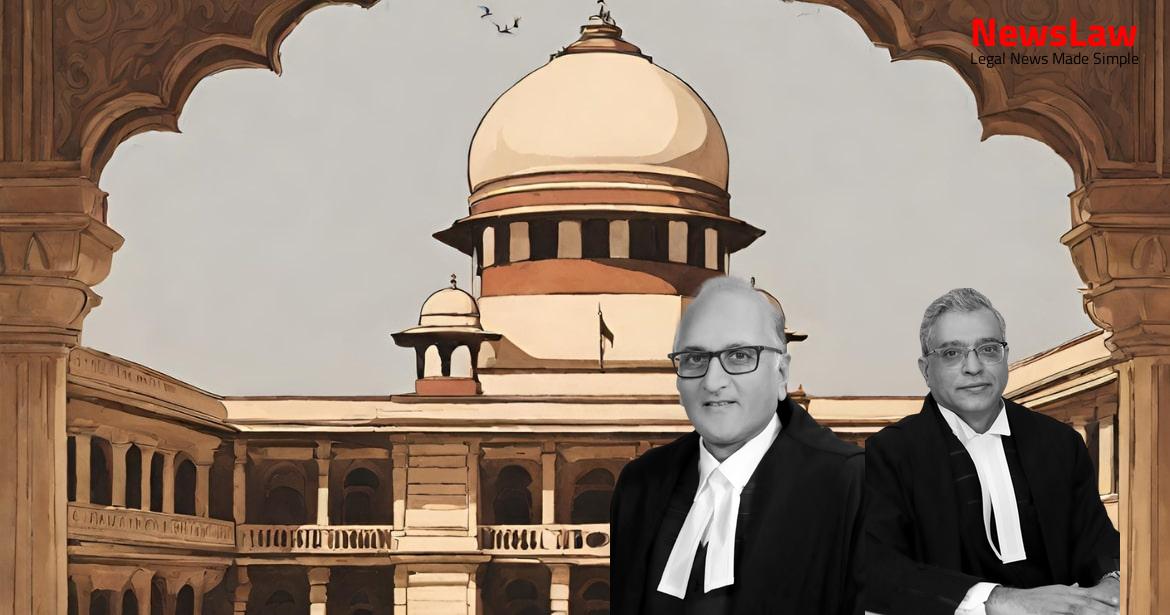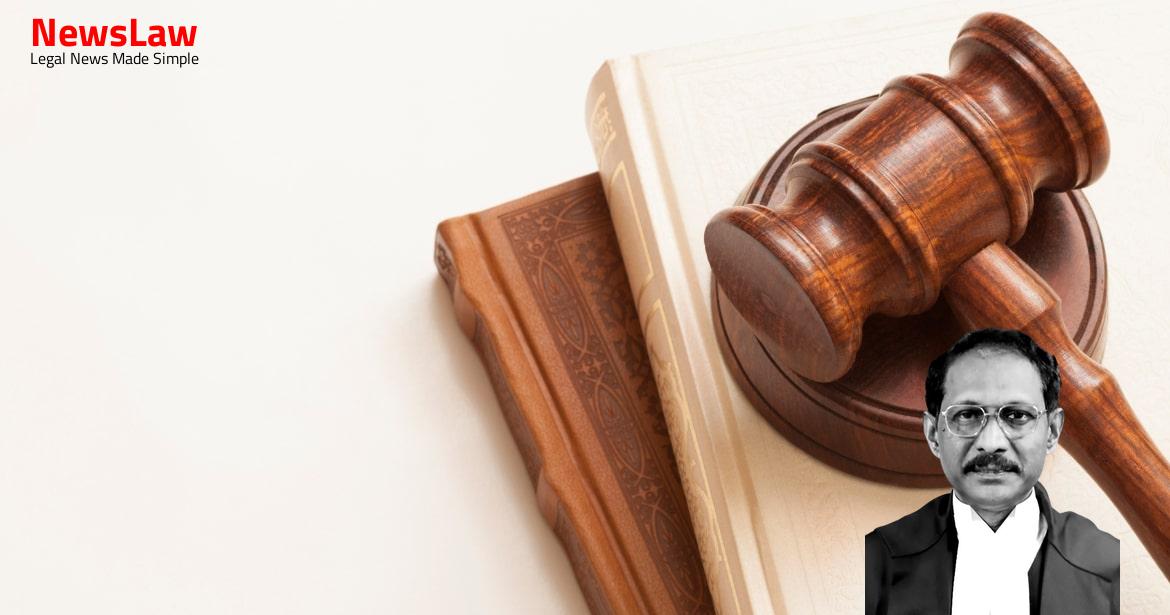The recent legal case revolving around the withdrawal of a cadet from training at the Indian Naval Academy has triggered a detailed analysis by the Armed Forces Tribunal. The focus has been on dissecting the decision in light of Naval regulations to determine its legality and fairness. Let’s explore the key aspects of the court’s legal scrutiny in this case.
Facts
- The appellant was withdrawn from INA and reverted to his original rank and branch without loss of seniority.
- Aggrieved by this decision, the appellant filed an Original Application under Section 14 of the Armed Forces Tribunal Act, 2007.
- The appellant underwent training at Indian Naval Academy, Ezhimala.
- The appellant joined the Indian Navy as a sailor on 31 July 2002.
- The appellant was required to complete 5th and 6th terms of training at INA.
- The appellant was selected by the Service Selection Board for officer training.
Also Read: Analysis of Cheating and Forgery in Passport Case
Arguments
- Learned senior counsel argued that the appellant was victimized due to his poor family background.
- The appellant was allowed to continue the course despite a recommendation for withdrawal.
- Important questions of public importance were ignored by the Tribunal, including issues of natural justice and adherence to Naval rules.
- The decision to withdraw the appellant was made by a subordinate authority, not the Government as per regulations.
- Conflicting reasons were cited for the withdrawal – disciplinary grounds and deficiency in character.
- The appellant’s parents were not informed of his withdrawal despite an invitation to a ceremony.
- Question raised on invoking Regulation 216 against a service cadet.
- Allegations of coercion to sign documents accepting mistakes.
- Leave granted due to involvement of three questions of general public importance.
- The respondent argues that the impugned judgment of the Tribunal does not warrant interference.
- The Tribunal considered all aspects and the appellant’s conduct in making its decision.
- Rules governing resignation, withdrawal, relegation, and re-examination of (10+2) Executive Cadets were issued by the Ministry of Defence.
- Ground ‘c’ of the rules was invoked in this case due to the appellant’s deficiency in basic character and officer-like qualities.
- Written warnings were issued to the appellant on specific dates, and explanations were sought.
- Despite a proposal for withdrawal in August 2009, the appellant was only relegated initially.
- Ultimately, withdrawal action was taken based on a proposal dated June 26, 2010.
- The respondent highlights that Regulation 216 was not invoked in the appellant’s case, negating the need for following natural justice principles.
Also Read: Discrepancy in Date of Birth: Court’s Legal Analysis
Analysis
- The appellant accepted possession of objectionable articles like pornographic magazines, cigarettes, lighter, and a mobile phone.
- Despite multiple warnings and opportunities to improve, the appellant tampered with records, leading to a fresh show cause notice in May 2010.
- A proposal for withdrawal was submitted to Naval Headquarters in June 2010, leading to the eventual decision.
- Withdrawal from the Indian Naval Academy (INA) was based on the grounds of basic character deficiency and lack of officer-like qualities.
- The appellant’s conduct, including possession of prohibited items and tampering with official documents, was carefully considered.
- Multiple show cause notices were issued before the decision to withdraw the appellant from training.
- The withdrawal decision was made by the competent authority based on a subjective assessment of the appellant’s performance and conduct during training.
- The appellant was not dismissed from service but was withdrawn from training on specified grounds.
- The Tribunal’s judgment thoroughly examined all relevant material before upholding the withdrawal decision.
- The Rules governing withdrawal and relegation of cadets from training courses were strictly followed in the appellant’s case.
- Requests for reconsideration and representations made by the appellant’s father were duly considered but could not alter the withdrawal decision.
- The power of withdrawal was authorized to the Chief of Personnel (COP) for officers and cadets under training, as per Ministry of Defence regulations.
- The appellant’s acceptance of possession of prohibited items and deficient character traits supported the decision for withdrawal.
- Clause (1) of Regulation 216 discusses the issuance of show cause notice to the officer.
- The appellant’s conduct during training at INA was analyzed
- Qualities necessary for a Navy officer were taken into consideration
- Importance of maintaining discipline in the Navy was emphasized
Also Read: 2-1 Verdict Halts Conviction, Dissent Highlights Potential Flood of Unclear Legal Rulings
Decision
- The appeal has been dismissed with no order as to costs.
- The competent authority ensured that the appellant’s service with the Navy is not affected and the Degree of University of Goa has been conferred on the appellant.
- The appeal is deemed to be without merit and hence, it fails.
Case Title: K.S. SAHU Vs. UOI . (2022 INSC 797)
Case Number: C.A. No.-011287-011287 / 2013



